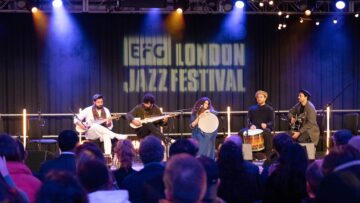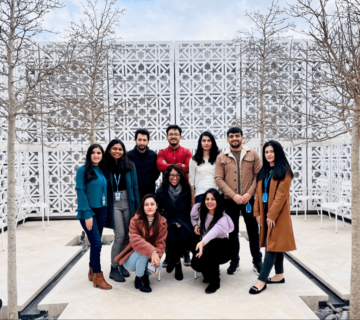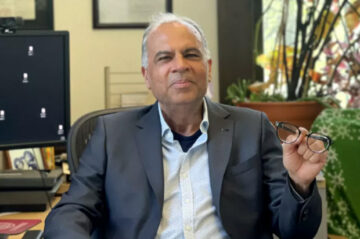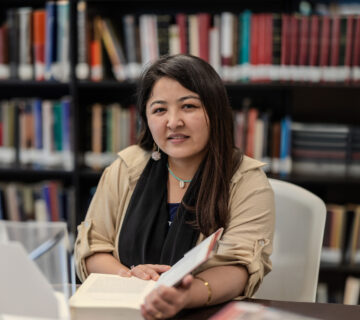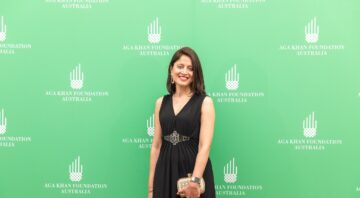The Asian Chapter Group of the IIS Alumni Association held its three-day Annual Meeting in Dushanbe, Tajikistan from 18 – 21 September 2011. The meeting provided an opportunity for alumni from across the region to discuss the activities of the Alumni Association and learn about the traditions of the Ismaili community in Central Asia.
The meeting began with opening remarks from Shiraz Kabani and Asif Alidina on recent developments at the IIS and the role of the alumni. They expressed the importance of the alumni body being fully aware of the Institute’s work and the rationale behind its projects and publications, in order to increase the impact of the work and complement the intellectual and professional development of the alumni body.
This was followed by three sessions on the traditions and cultural practices of the IsmailisAdherents of a branch of Shi’i Islam that considers Ismail, the eldest son of the Shi’i Imam Jaʿfar al-Ṣādiq (d. 765), as his successor. in Tajikistan, Afghanistan, Northern Pakistan and Western China. Dr Otambek Mastibekov (GPISH class of 2002) discussed how the recitation of Qasidas and Madoh accompanied by traditional musical instruments like the rubab (lute) and daf (percussion instrument) became integral in preserving Ismaili thought and sentiments amongst the Tajiks in Soviet Russia when religious practices were under scrutiny.
Aziz Bic Fayez (GPISH class of 2005) then presented on the cultural ceremonies performed by Ismailis in Afghanistan whilst Dr Boghshoh Lashkarbekov gave a detailed overview of the Ismaili community in Western China. Both presentations situated the traditions of the community within the current socio-political context of the countries within which they live.
The evening concluded with the Institute’s first major book launch in Tajikistan which was held at the Ismaili Centre in Dushanbe. The event commemorated the release of the Tajik translation of The Assassin Legends: Myths of the Ismailis and the new Tajik edition of Nasir-i Khusraw’s Jami‘ al-Hikmatayn (Twin Wisdoms Reconciled).
Alumni attended the event along with local scholars, government officials and diplomats, as well as members of the Ismaili community. Presentations were made by Dr Farhad Daftary and Hakim Elnazarov as well as Professors Mamadsho Ilolov and Karomatullo Olimov from the Academy of Sciences of Tajikistan.
On the second day, Hakim Elnazarov, Central Asian Studies Coordinator at the IIS, spoke about the traditions of the Ismailis in Badakshan and the research being undertaken at the IIS. This was followed by a presentation and panel discussion with senior representatives of the Aga Khan Development NetworkThe Aga Khan Development Network (AKDN) is a contemporary endeavour of the Ismaili Imamat to realise the ethics and social conscience of Islam through institutional action. More and the Ismaili community. Presenters and participants included Professors Mamadsho Ilolov (Academy of Sciences of Tajikistan), Yodgur Faizov (Aga KhanA title granted by the Shah of Persia to the then Ismaili Imam in 1818 and inherited by each of his successors to the Imamate. Foundation), Ozodkhon Davlatshoev (Aga Khan Fund for Economic Development), Brampton Mundy (First Microfinance Bank), Sharofat Mamadambarova (University of Central Asia) and Karim Mustafa (FOCUS Humanitarian Assistance).
On the final day the alumni participated in a discussion with Dr Farhad Daftary about the field of Ismaili and broader Shi‘i studies and how alumni can play a more active role in the Institute’s academic research agenda.
Over the course of the three-day meeting, participants were given a taste of Tajik culture through visits to the Botanical Gardens, which contained a traditional Pamir house as well as the Museum of Antiquities and Ethnography.
The meeting concluded on a high note with an exhibition and cultural performance, organised by the Ismaili community that showcased the crafts, oral traditions and performing arts from the Pamir region of Tajikistan.

